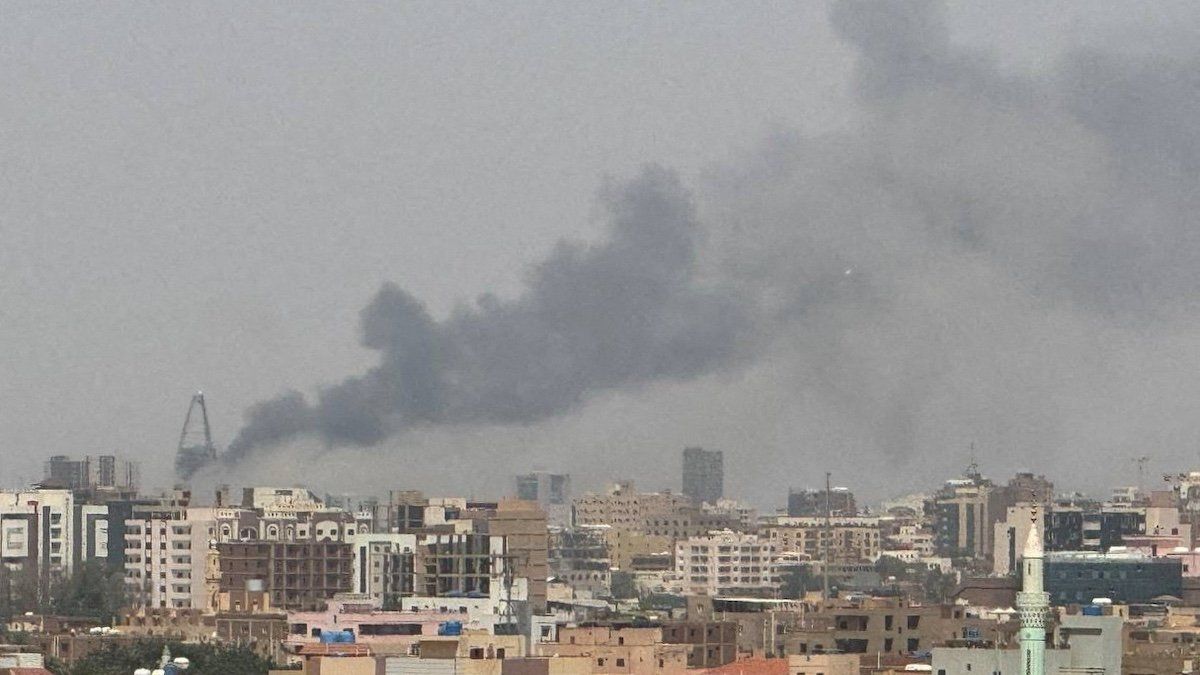Residents of Khartoum awoke Thursday to dawn airstrikes and artillery shelling as the country’s armed forces launched an offensive against the rebel Rapid Support Forces militia. The Sudanese Armed Forces have reportedly captured two bridges connecting Khartoum, on the east bank of the Nile, to Omdurman on the west, and are pushing toward the presidential palace amid heavy fighting.
What’s the outlook? Sudan’s military counts on air superiority and artillery, but the RSF’s infantry has historically outmatched them. The RSF also enjoys considerable backing from the United Arab Emirates — a significant military power — as well as Libyan warlord Khalifa Belqasim Omar Haftar and the Russian mercenaries formerly known as the Wagner Group.
Sudan’s armed forces can count on less outside backing: Russia’s involvement has led to a limited deployment of Ukrainian special forces, and Iran has provided some drones (which, ironically, Tehran also provides Russia to fight against Ukraine). Even if they do manage to push the RSF out of Khartoum, Sudan’s military faces steep odds for regaining the whole country.
Is there a chance for peace? Only through negotiation, according to Gen. Abdel-Fattah Burhan, the head of Sudan’s military. He called for the end to hostilities and a holistic peace process when he spoke at the United Nations General Assembly in New York Thursday. However, his speech was hardly an olive branch: He accused the RSF of genocide for their slaughter of Black ethnic groups in Darfur province and even alleged that women and children had been sold as chattel in RSF-controlled markets.
We’re watching for who wins the fight in Khartoum, and whether the result of the battle might bring relief closer for the long-suffering Sudanese population.
